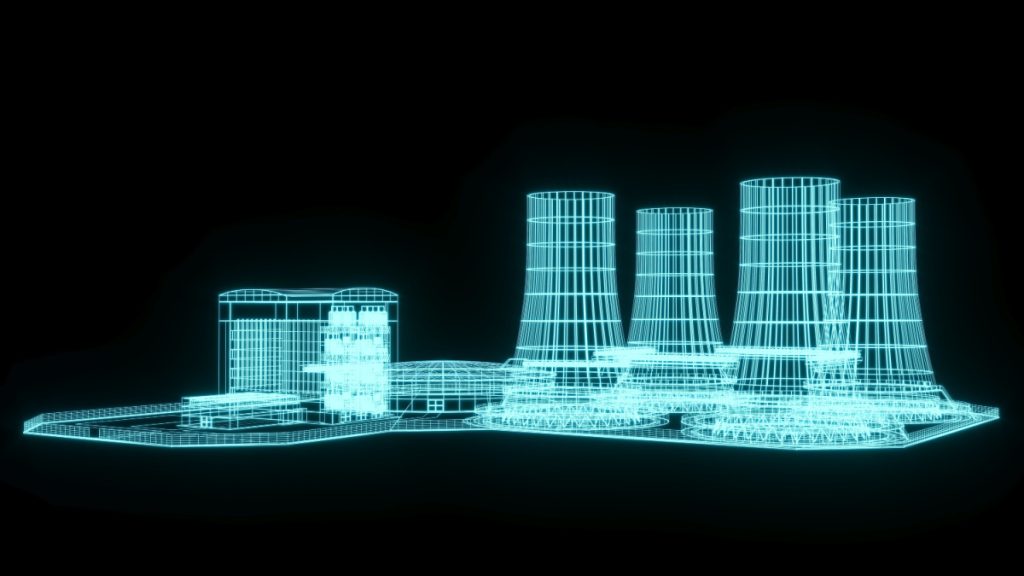
Kairos Power’s Nuclear Reactor Uses Molten Salt as Coolant
For the first time in over 50 years, the U.S. Nuclear Regulatory Commission (NRC) has approved the construction of Kairos Power’s new type of nuclear reactor.
- The NRC granted Kairos Power a construction permit for the Hermes test reactor, which uses molten fluoride salt instead of water as a coolant.
- The startup plans to build the test reactor in Oak Ridge, Tennessee.
For the first time in over 50 years, the U.S. Nuclear Regulatory Commission (NRC) has granted Kairos Power a construction permit for a new type of nuclear reactor.
Unlike traditional water-cooled reactors, Kairos Power’s Hermes reactor utilizes molten fluoride salt as a coolant. This move comes as we are witnessing a broader global interest in the acceleration of the deployment of nuclear power as a key element of our fight against climate change.
The California startup will be building its Hermes test reactor in Oak Ridge, Tennessee.
The molten salt technology employed by Kairos Power has advantages. These salts remain liquid at high temperatures and low pressure, potentially offering a safety advantage over traditional water-cooled systems. This approval breaks a longstanding trend, as the last time the NRC sanctioned a design not using water for cooling was in 1968. Talk about one mean obstacle!
Mike Laufer, CEO of Kairos Power, stated in an interview “It’s possible to license things that are different with the NRC.” According to him, the regulatory process “doesn’t have to be a roadblock.”
Kairos Power plans to initiate construction on its $100 million Hermes project next year, with expectations for completion by the end of 2026. While Hermes itself won’t generate electricity, it serves as a precursor to the Hermes 2 project, aiming to deploy two similar reactors producing a combined total of approximately 28 megawatts of electricity.
“We’re developing a technology that will be highly scalable,” Laufer said. “Affordability is really about being able to scale up.”
The reactor, although smaller in scale compared to traditional counterparts and designed solely for testing purposes, represents a leap forward in nuclear technology.
The global nuclear industry signed an initiative at this year’s UN climate talks to triple nuclear energy output by 2050. Over 20 nations pledged their commitment, including the United States and this year’s COP28 host, the United Arab Emirates.
Inside Telecom provides you with an extensive list of content covering all aspects of the tech industry. Keep an eye on our Tech sections to stay informed and up-to-date with our daily articles.